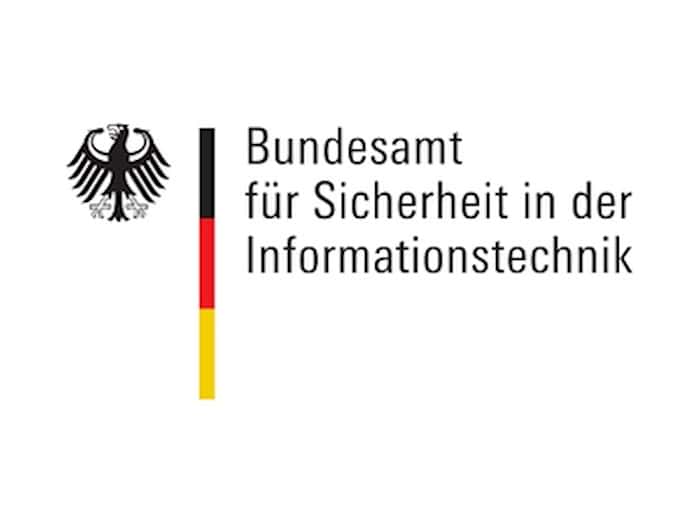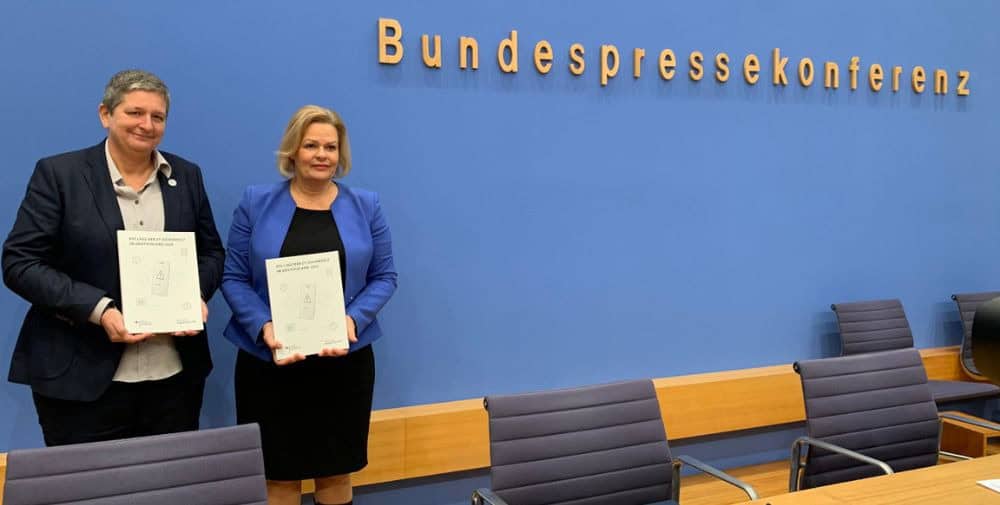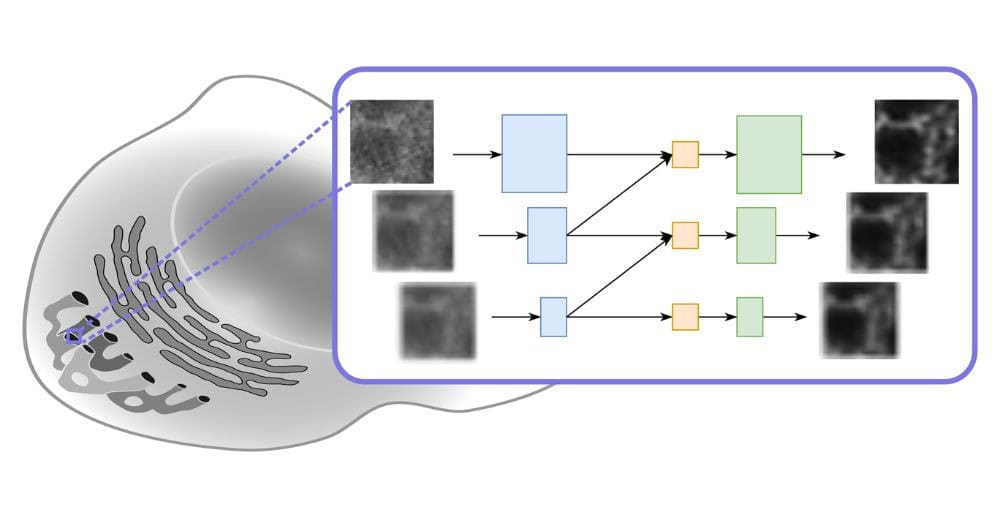
Federal Minister of the Interior Nancy Faeser: “The cyber security situation remains tense. But at the same time, we can see that Resilience against attacks is increasing and more is being invested in cyber security. This is absolutely necessary. After all, business, administration and politics are threatened by ransomware attacks, cybercrime, cyber sabotage and cyber espionage. In view of the upcoming Bundestag elections, we need to protect our democracy in the digital world too. We must arm ourselves against threats from hacker attacks, manipulation and disinformation. These hybrid threats come primarily from Putin’s regime in Russia, but also from other actors. This makes it all the more important to strengthen protective measures. Cyber security is central to our society and affects each and every one of us.”
BSI President Claudia Plattner: “The IT threat situation remains tense and that is and remains a cause for concern. Ransomware, espionage and disinformation in particular threaten our prosperity and endanger our democracy. But we are not defenceless against these threats! We can clearly see that the protective measures are effective and we are in a position to counter the attacks effectively. That is why we must not let up now, but must continue to increase our resilience in a nationwide effort. In this context, it is crucial to transpose the NIS 2 Directive into national law as quickly as possible.”
In the reporting period from mid-2023 to mid-2024, an average of 309,000 new malware variants were detected every day – an increase of 26% compared to the previous year. This is due in particular to an increase in malware variants that exploit vulnerabilities in 64-bit versions of Windows. In addition, Android malware variants saw above-average growth in the reporting period.
Increased resilience to ransomware attacks
Ransomware attacks continue to pose major challenges for companies and institutions. The number of victims of data leaks following ransomware attacks has continued to rise. At the same time, the proportion of ransomware victims who pay a ransom has fallen. Those affected who have functioning backups of their data are not dependent on the attackers decrypting their systems. In addition, more and more companies are dealing with cyberattacks transparently and informing the public and their customers. This helps to close potential vulnerabilities more quickly and prevent damage to other companies.
Cyber espionage by APT groups
In the context of geopolitical conflicts, professional and often state-led attacks by APT groups (Advanced Persistent Threats) continue to be observed. Cyber espionage to the detriment of authorities, political parties, political institutions and companies has become increasingly important.
Cybersecurity of elections
In 2024, more than 70 elections took place worldwide. For German citizens, the European elections, three state elections and nine local elections were held. These elections took place without any significant cyber security incidents. With a view to upcoming elections, the situation is currently being monitored in an adapted and situation-specific manner. The BSI is in continuous contact with its partner authorities and is integrated into the federal government’s structures for the protection of elections. The BSI also supports electoral authorities and political target groups by providing advice on raising awareness of information security.
Increase in DDoS attacks
The quality and frequency of DDoS attacks have increased significantly. The proportion of high-volume DDoS attacks with a bandwidth of over 10,000 megabits per second averaged 13% per month in the first half of 2024, more than double the long-term average of 6.75%. Attackers exaggerate the comparatively low damaging effects of such overload attacks on social networks in order to stir up general social insecurity.
Data theft remains a threat to consumers
Citizens continue to face a tense threat situation, for example from phishing attacks: In addition to already known phishing campaigns in the name of banks and financial institutions, an increase in campaigns that misused the names of well-known streaming services was recorded during the reporting period. The attackers captured data on payment methods such as credit cards, further information on payment service providers and personal data of account holders.
– – – – – –
Further links
👉 www.bsi.bund.de
Photo: BSI




